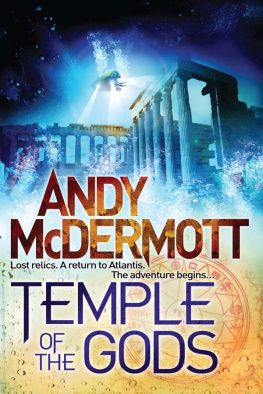STONEHENGE
A NOVEL OF 2000 BC
BERNARD CORNWELL
Copyright Bernard Cornwell 1999
ISBN 0 00 651386 7
In memory of BILL MOIR, 1943-1998
Synopsis:
One summer's day a stranger carrying great wealth in gold coins comes to the settlement. He is killed by one of the chief's sons in the old temple. The mysterious treasure, assumed by some to be a gift from the gods, causes great dissension within the tribe. Three brothers perceive it in a different way but they share one dream. Lengar, the warrior, knows it can fuel his ambition to be a great ruler and take power for his tribe. The second son has the vision to see that the building of a vast temple will create a place for the gods but also confirm the power of the people who build it. But it is the third son, the man of peace, the lover of the sun bride, who will be the creator and the master-builder of the Temple of Shadows.
Discover a time of ritual and sacrifice A land steeped in blood and glory A family of brothers whose deadly rivalries and glorious ambitions will forever mark the world. In this rousing epic, Bernard Cornwell has created the most compelling and powerful human drama of its kind since Ken Follett's The Pillars of the Earth and Edward Rutherford's Sarum.
PART ONE
'The Druid's groves are gone so much the better: Stonehenge is not but what the Devil is it?'
Lord Byron, Don Juan
Canto XI, verse XXV.
The Sky Temple
The gods talk by signs. It may be a leaf falling in summer, the cry of a dying beast or the ripple of wind on calm water. It might be smoke lying close to the ground, a rift in the clouds or the flight of a bird.
But on that day the gods sent a storm. It was a great storm, a storm that would be remembered, though folk did not name the year by that storm. Instead they called it the Year the Stranger Came.
For a stranger came to Ratharryn on the day of the storm. It was a summer's day, the same day that Saban was almost murdered by his half-brother.
The gods were not talking that day. They were screaming.
Saban, like all children, went naked in summer. He was six years younger than his half-brother, Lengar, and, because he had not yet passed the trials of manhood, he bore no tribal scars or killing marks. But his time of trial was only a year away, and their father had instructed Lengar to take Saban into the forest and teach him where the stags could be found, where the wild boars lurked and where the wolves had their dens. Lengar had resented the duty and so, instead of teaching his brother, he dragged Saban through thickets of thorn so that the boy's sun-darkened skin was bleeding. 'You'll never become a man,' Lengar jeered.
Saban, sensibly, said nothing.
Lengar had been a man for five years and had the blue scars of the tribe on his chest and the marks of a hunter and a warrior on his arms. He carried a longbow made of yew, tipped with horn, strung with sinew and polished with pork fat. His tunic was of wolfskin and his long black hair was braided and tied with a strip of fox's fur. He was tall, had a narrow face and was reckoned one of the tribe's great hunters. His name meant Wolf Eyes, for his gaze had a yellowish tinge. He had been given another name at birth, but like many in the tribe he had taken a new name at manhood.
Saban was also tall and had long black hair. His name meant Favoured One, and many in the tribe thought it apt for, even at a mere twelve summers, Saban promised to be handsome. He was strong and lithe, he worked hard and he smiled often. Lengar rarely smiled. 'He has a cloud in his face,' the women said of him, but not within his hearing, for Lengar was likely to be the tribe's next chief. Lengar and Saban were sons of Hengall, and Hengall was chief of the people of Ratharryn.
All that long day Lengar led Saban through the forest. They met no deer, no boars, no wolves, no aurochs and no bears. They just walked and in the afternoon they came to the edge of the high ground and saw that all the land to the west was shadowed by a mass of black cloud. Lightning flickered the dark cloud pale, twisted to the far forest and left the sky burned. Lengar squatted, one hand on his polished bow, and watched the approaching storm. He should have started for home, but he wanted to worry Saban and so he pretended he did not care about the storm god's threat.
It was while they watched the storm that the stranger came.
He rode a small dun horse that was white with sweat. His saddle was a folded woollen blanket and his reins were lines of woven nettle fibre, though he hardly needed them for he was wounded and seemed tired, letting the small horse pick its own way up the track which climbed the steep escarpment. The stranger's head was bowed and his heels hung almost to the ground. He wore a woollen cloak dyed blue and in his right hand was a bow while on his left shoulder there hung a leather quiver filled with arrows fledged with the feathers of seagulls and crows. His short beard was black, while the tribal marks scarred into his cheeks were grey.
Lengar hissed at Saban to stay silent, then tracked the stranger eastwards. Lengar had an arrow on his bowstring, but the stranger never once turned to see if he was being followed and Lengar was content to let the arrow rest on its string. Saban wondered if the horseman even lived, for he seemed like a dead man slumped inert on his horse's back.
The stranger was an Outlander. Even Saban knew that, for only the Outfolk rode the small shaggy horses and had grey scars on their faces. The Outfolk were enemy, yet still Lengar did not release his arrow. He just followed the horseman and Saban followed Lengar until at last the Outlander came to the edge of the trees where bracken grew. There the stranger stopped his horse and raised his head to stare across the gently rising land while Lengar and Saban crouched unseen behind him.
The stranger saw bracken and, beyond it, where the soil was thin above the underlying chalk, grassland. There were grave mounds dotted on the grassland's low crest. Pigs rooted in the bracken while white cattle grazed the pastureland. The sun still shone here. The stranger stayed a long while at the wood's edge, looking for enemies, but seeing none. Off to his north, a long way off, there were wheatfields fenced with thorn over which the first clouds, outriders of the storm, were chasing their shadows, but all ahead of him was sunlit. There was life ahead, darkness behind, and the small horse, unbidden, suddenly jolted into the bracken. The rider let it carry him.
The horse climbed the gentle slope to the grave mounds. Lengar and Saban waited until the stranger had disappeared over the skyline, then followed and, once at the crest, they crouched in a grave's ditch and saw that the rider had stopped beside the Old Temple.
A grumble of thunder sounded and another gust of wind flattened the grass where the cattle grazed. The stranger slid from his horse's back, crossed the overgrown ditch of the Old Temple and disappeared into the hazel shrub that grew so thick within the sacred circle. Saban guessed the man was seeking sanctuary.
But Lengar was behind the Outlander, and Lengar was not given to mercy.
The abandoned horse, frightened by the thunder and by the big cattle, trotted west towards the forest. Lengar waited until the horse had gone back into the trees, then rose from the ditch and ran towards the hazels where the stranger had gone.
Saban followed, going to where he had never been in all his twelve years.
To the Old Temple.
Once, many years before, so long before that no one alive could remember those times, the Old Temple had been the greatest shrine of the heartland. In those days, when men had come from far off to dance the temple's rings, the high bank of chalk that encircled the shrine had been so white that it seemed to shine in the moonlight. From one side of the shining ring to the other was a hundred paces, and in the old days that sacred space had been beaten bare by the feet of the dancers as they girdled the death house that had been made from three rings of trimmed oak trunks. The smooth bare trunks had been oiled with animal fat and hung with boughs of holly and ivy.
Next page
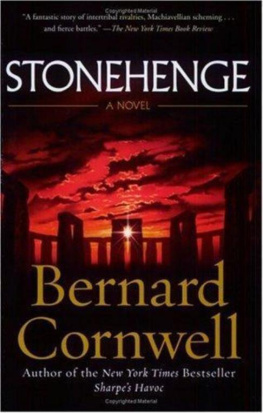
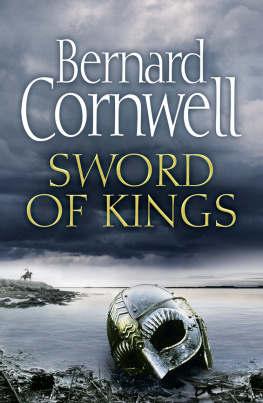


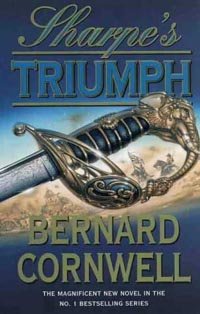

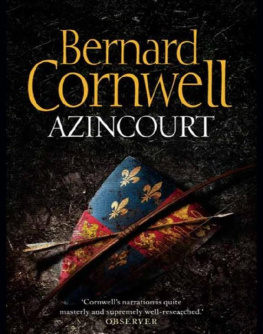

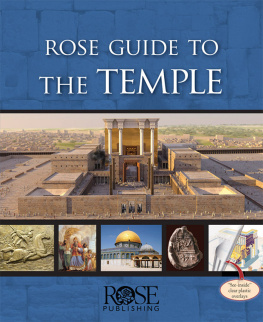
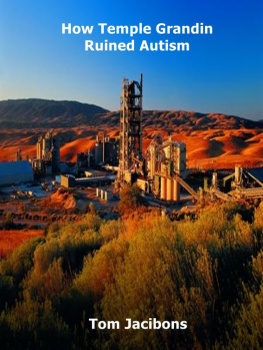
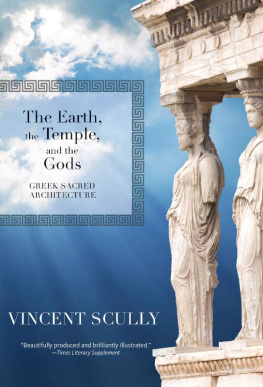
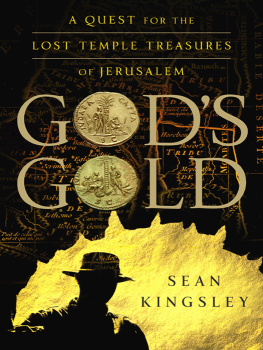
![Bernard Cornwell - The Grail Quest - The Archer’s Tale / Vagabond / Heretic [ATBC]](/uploads/posts/book/131313/thumbs/bernard-cornwell-the-grail-quest-the-archer-s.jpg)
